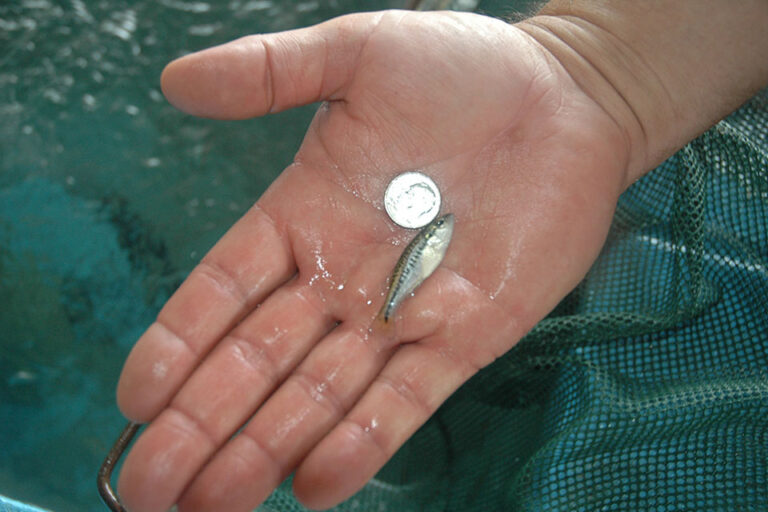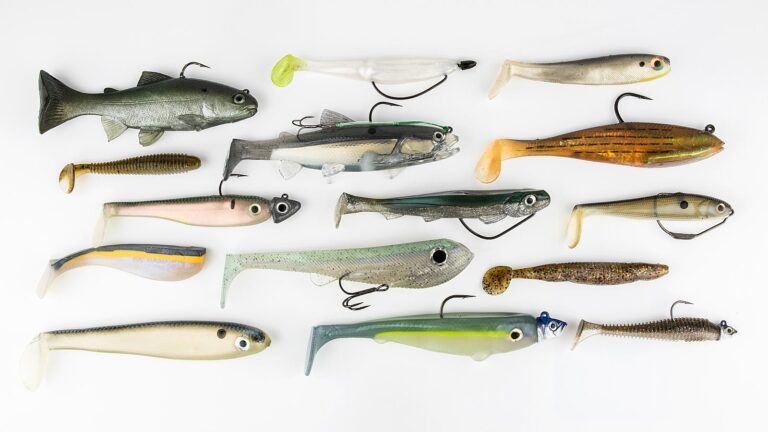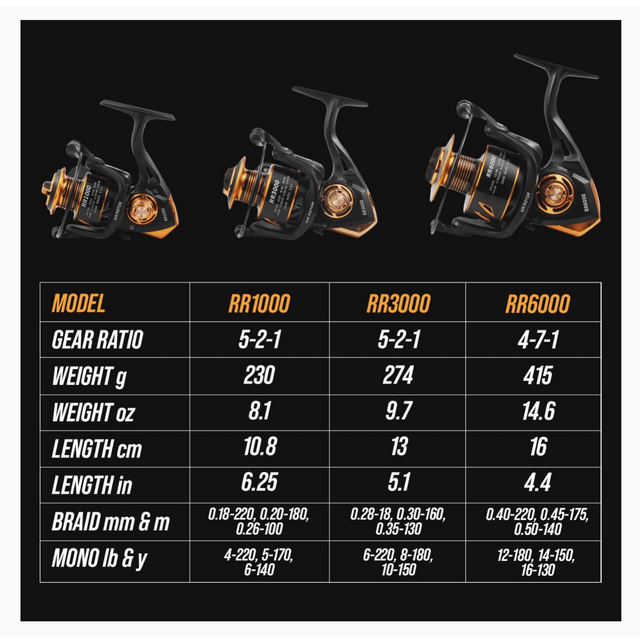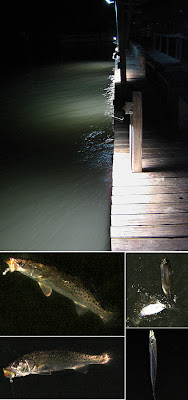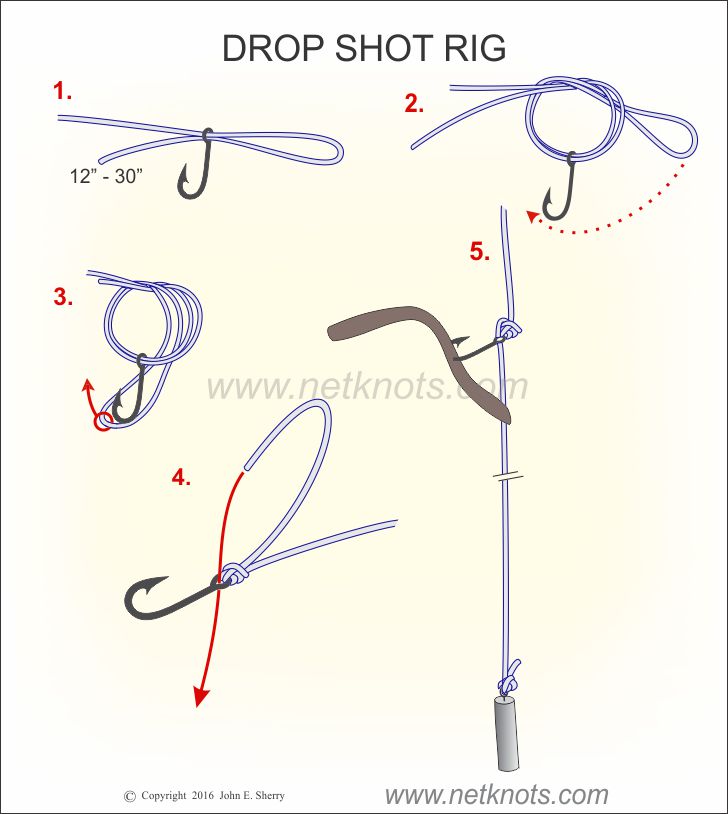What to Do With Fish Guts
Fish guts can be disposed of by burying them in a designated compost area or freezing them and disposing of them on garbage day to minimize odors and pests. Properly disposing of fish guts is essential to maintain cleanliness and prevent odors and pests.
Whether you are a fisherman or camping enthusiast, knowing what to do with fish guts is vital for environmental responsibility. Luckily, there are a few simple and effective ways to handle fish guts. We will explore the best methods for disposing of fish guts, such as burying them in a designated compost area or freezing them for garbage day disposal.
By following these guidelines, you can ensure that fish guts are disposed of in a hygienic and eco-friendly manner, minimizing any negative impact on the environment. Let’s dive in and discover the best practices for handling fish guts.
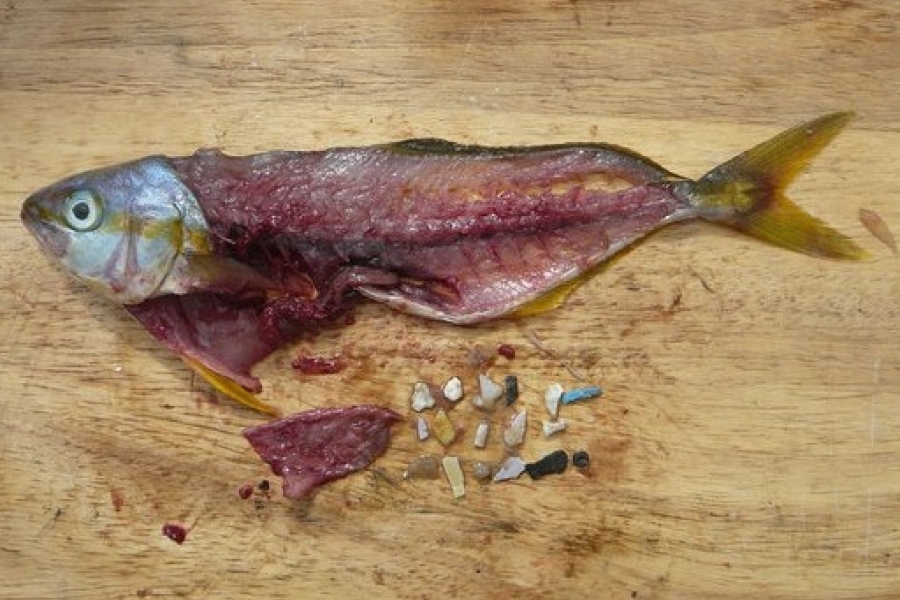
Credit: www.sciencelearn.org.nz
Burying Fish Guts
Bury the fish guts in your garden or a designated compost area to fertilize the soil. This can help prevent odors and minimize pests. Another option is to freeze the fish guts and dispose of them on garbage day to minimize odors and reduce the risk of attracting pests. Proper fish waste disposal is important to maintain a clean environment.
Freezing And Disposing Of Fish Guts
When it comes to freezing and disposing of fish guts, there are a few key steps you can take to reduce odors and prevent attracting pests. One option is to bury the fish guts in your garden or a designated compost area. This can help to fertilize the soil and prevent odors. Another option is to freeze the fish guts and dispose of them on garbage day. Freezing the guts can minimize odors and reduce the risk of attracting pests. It’s important to note that fish entrails should never be discarded back into lakes or bodies of water. Instead, dispose of any unwanted bait, including minnows, leeches, and worms, in the trash. By following these guidelines, you can properly handle and dispose of fish guts.
Composting Fish Parts
Recycle fish parts by composting them with peat moss or burying them in the garden for use as fertilizer. Alternatively, freeze the fish guts for disposal on garbage day to minimize odors and reduce the risk of attracting pests.

Credit: www.istockphoto.com
Recycling Fish Waste
When it comes to recycling fish waste, there are various options to consider. Freezing fish guts is a practical method for future use, especially for bait or chum on fishing trips. Alternatively, disposing fish waste in the trash can be a suitable solution to minimize odors and prevent attracting pests. It’s also important to be mindful of the environmental impact and choose the most appropriate method for managing fish waste. Composting with peat moss or burying fish parts in a garden can also be effective in recycling fish waste and utilizing it as fertilizer. Ultimately, responsible disposal of fish guts is essential for environmental conservation and waste management.
Disposing Of Fish Waste While Camping
Disposing of Fish Waste while Camping Packing Out the Entrails When it comes to disposing of fish guts while camping, it’s essential to follow proper waste management practices. Leaving no trace behind is crucial in maintaining the environment’s integrity. One option is to bury the entrails in your garden or a designated compost area, allowing them to fertilize the soil naturally. If burial is not feasible, consider freezing the fish guts and disposing of them on garbage day, minimizing odors and the risk of attracting pests. It’s important to note that fish entrails should never be discarded back into the water, as they can disrupt the ecosystem. Another way to handle fish waste is by composting them with peat moss or using them as fertilizer in your garden. Additionally, fish parts can be frozen and reused as bait or chum on future fishing trips. When no other option exists, bag the fish waste and dispose of it in the garbage. By following these guidelines, you can enjoy your camping trip while minimizing your impact on the environment.When it comes to disposing of fish guts while camping, it’s essential to follow proper waste management practices. Leaving no trace behind is crucial in maintaining the environment’s integrity. One option is to bury the entrails in your garden or a designated compost area, allowing them to fertilize the soil naturally. If burial is not feasible, consider freezing the fish guts and disposing of them on garbage day, minimizing odors and the risk of attracting pests. It’s important to note that fish entrails should never be discarded back into the water, as they can disrupt the ecosystem. Another way to handle fish waste is by composting them with peat moss or using them as fertilizer in your garden. Additionally, fish parts can be frozen and reused as bait or chum on future fishing trips. When no other option exists, bag the fish waste and dispose of it in the garbage. By following these guidelines, you can enjoy your camping trip while minimizing your impact on the environment.
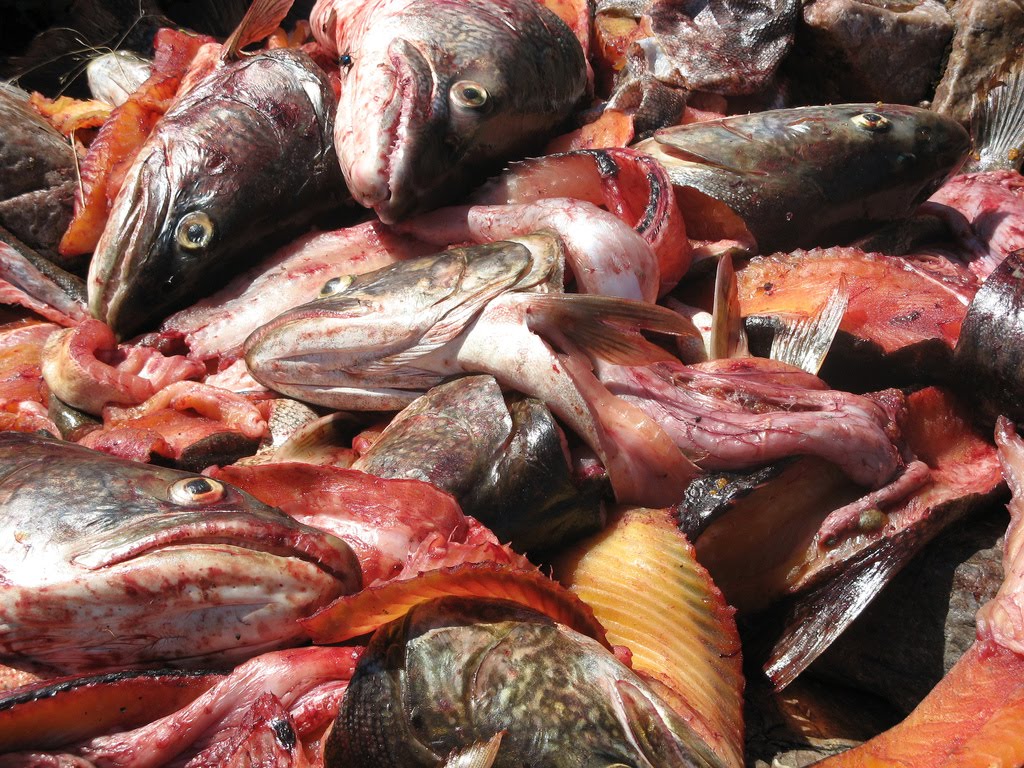
Credit: www.montanaoutdoor.com
Frequently Asked Questions Of What To Do With Fish Guts
What Is Done With Fish Guts?
Fish guts can be disposed of with household waste or buried. They should not be discarded back into the water. They can also be composted or used as bait for future fishing trips. If no other options are available, they can be bagged and disposed of in the trash.
What To Do With Fish Guts When Camping?
Dispose of fish guts by burying them in your garden or designated compost area. Alternatively, freeze them and throw them away on garbage day to minimize odors and pests. Do not discard fish entrails back into the lake.
What To Do With Fish Carcass After Filleting?
After filleting, there are a few options for fish carcass disposal. Bury the fish guts in a garden or designated compost area to fertilize the soil. Freeze the fish guts and dispose them on garbage day to minimize odors. Alternatively, take them to a disposal/recycle center or bag them and dispose in the trash.
What Can You Do With Fish Waste?
Fish waste can be used as compost for gardening. It can also be frozen for later use as bait or chum for fishing trips. When no other option exists, the waste should be disposed of in the trash. Do not discard fish entrails back into the lake.
Conclusion
There are several environmentally friendly options for disposing of fish guts. Whether it’s using them as bait, composting, or freezing them for disposal, it’s important to consider the impact on the environment. By choosing the appropriate method, anglers can reduce waste and contribute to a cleaner ecosystem.
Proper disposal of fish guts is essential for maintaining the balance of our natural habitats.
